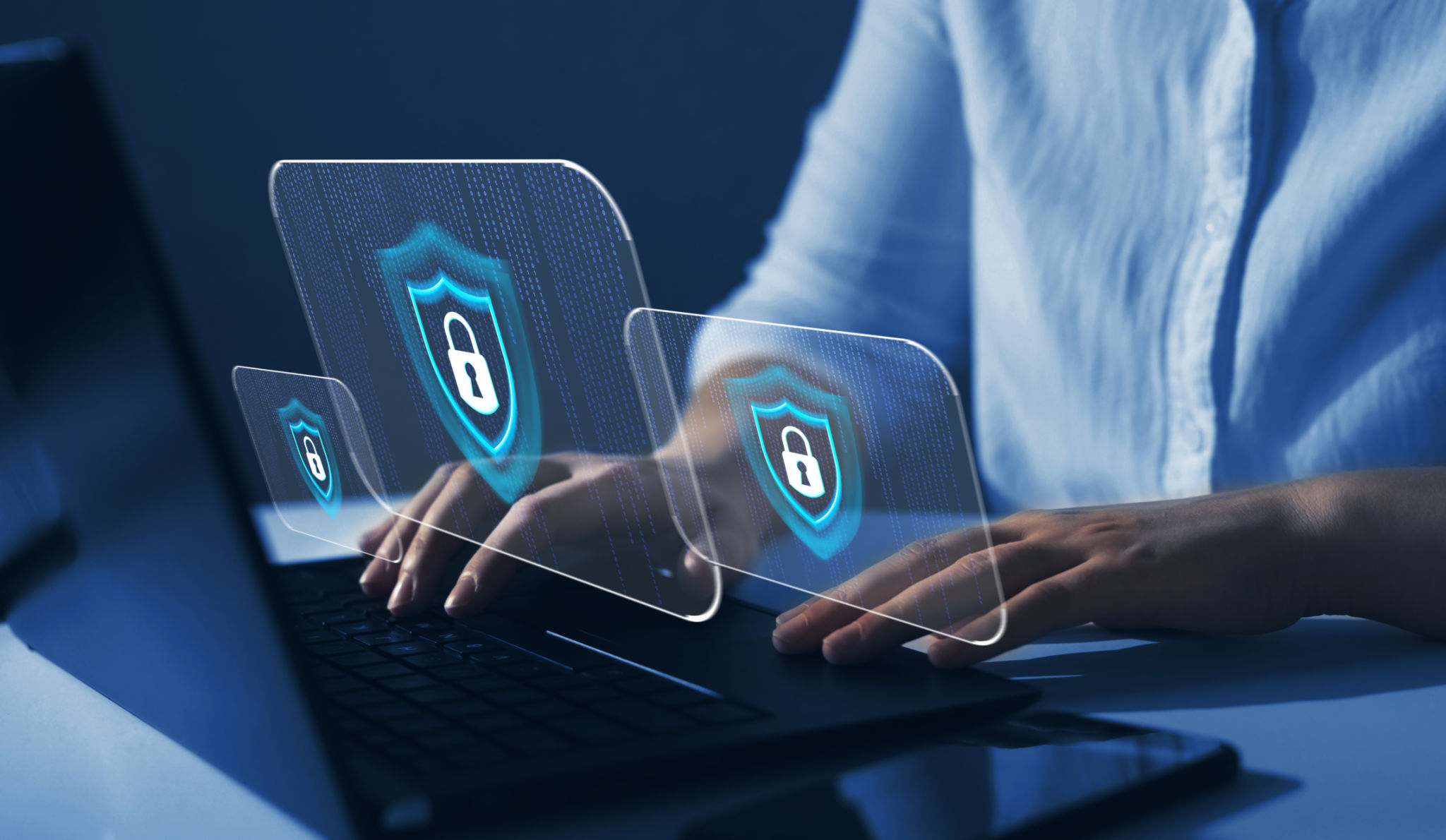Debunking Cybersecurity Myths: What Angolan E-Learners Should Know
Understanding Cybersecurity Myths
As the digital landscape continues to evolve, so do the misconceptions surrounding cybersecurity. For Angolan e-learners, understanding these myths is crucial to maintaining a secure online presence. In this blog post, we'll debunk some of the most common cybersecurity myths and provide practical tips to safeguard your digital journey.

Myth 1: Cybersecurity is Only for Big Companies
One prevalent myth is that cybersecurity measures are only necessary for large corporations. In reality, cyber threats do not discriminate based on the size of their target. For e-learners, personal information, such as login credentials and financial data, is valuable to hackers. Therefore, it's essential to take cybersecurity seriously, regardless of your online activities' scale.
Implementing basic security practices like using strong passwords, enabling two-factor authentication, and keeping software up-to-date can significantly reduce your risk of falling victim to cyberattacks.
Myth 2: Antivirus Software is Enough
While antivirus software is a critical component of any cybersecurity strategy, relying solely on it is a misconception. Antivirus programs can protect against known threats, but they might not detect newer or more sophisticated attacks. A comprehensive cybersecurity approach should include other layers of protection.

Consider using additional security measures such as firewalls, VPNs, and educating yourself on safe browsing habits. Regularly backing up important data and being cautious of phishing scams are also essential practices for maintaining security.
Myth 3: Public Wi-Fi is Safe for Everyone
Public Wi-Fi networks are convenient but often lack robust security measures, making them a favorite target for cybercriminals. When e-learners log into sensitive accounts over public Wi-Fi, they risk exposing their personal information to potential hackers.
To stay safe while using public Wi-Fi, consider using a virtual private network (VPN) to encrypt your internet connection. Avoid accessing sensitive accounts or sharing personal information over unsecured networks whenever possible.

Myth 4: Cyber Threats Are Always External
Many believe that cyber threats only come from external sources. However, internal threats can also pose significant risks. These might include employees or individuals with access to sensitive information who inadvertently or intentionally cause security breaches.
E-learners should be aware of how they share their devices and data with others. Regularly reviewing account permissions and understanding who has access to your information can help mitigate the risk of internal threats.
Myth 5: Passwords Don't Need to Be Changed Regularly
Some users may think that once they've set a strong password, they don't need to change it frequently. However, regularly updating passwords is a crucial step in maintaining security. This practice minimizes the risk of unauthorized access if your credentials are compromised.

Use unique passwords for each account and consider using a password manager to keep track of them. Whenever possible, enable multi-factor authentication for an added layer of security.
Conclusion
Understanding and debunking common cybersecurity myths is vital for Angolan e-learners who want to protect themselves in the digital world. By taking proactive measures and staying informed, you can enhance your online security and focus on your educational pursuits without unnecessary worry.
